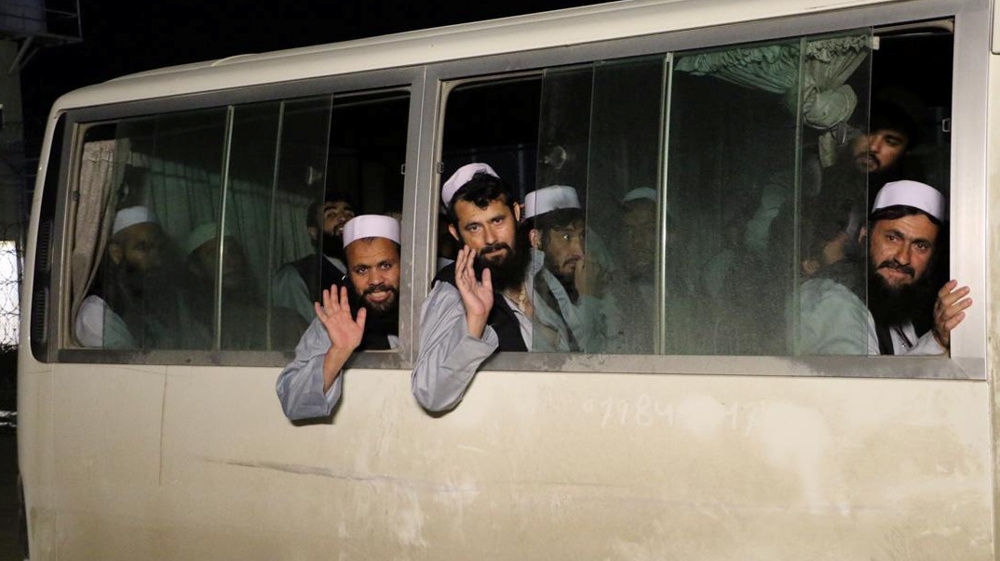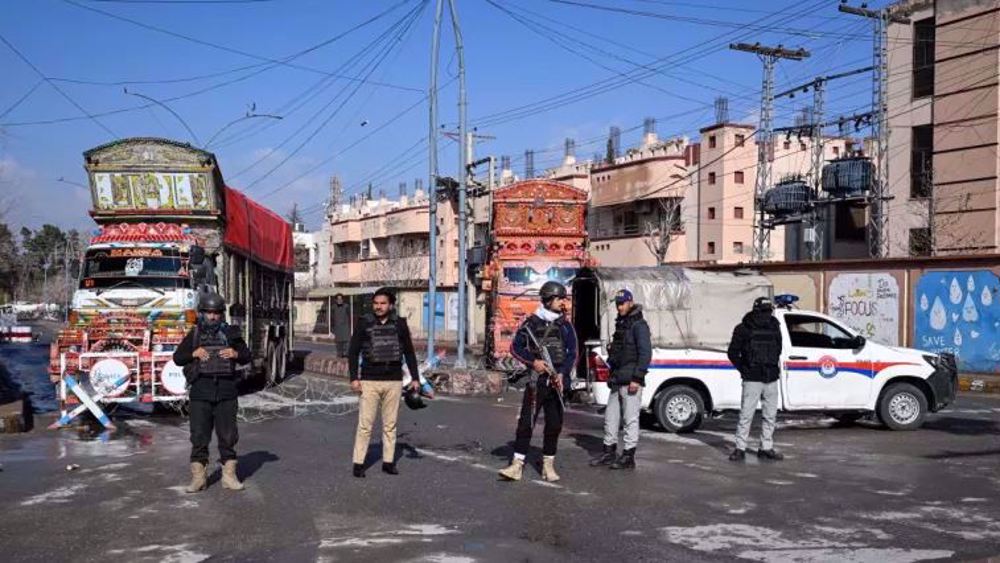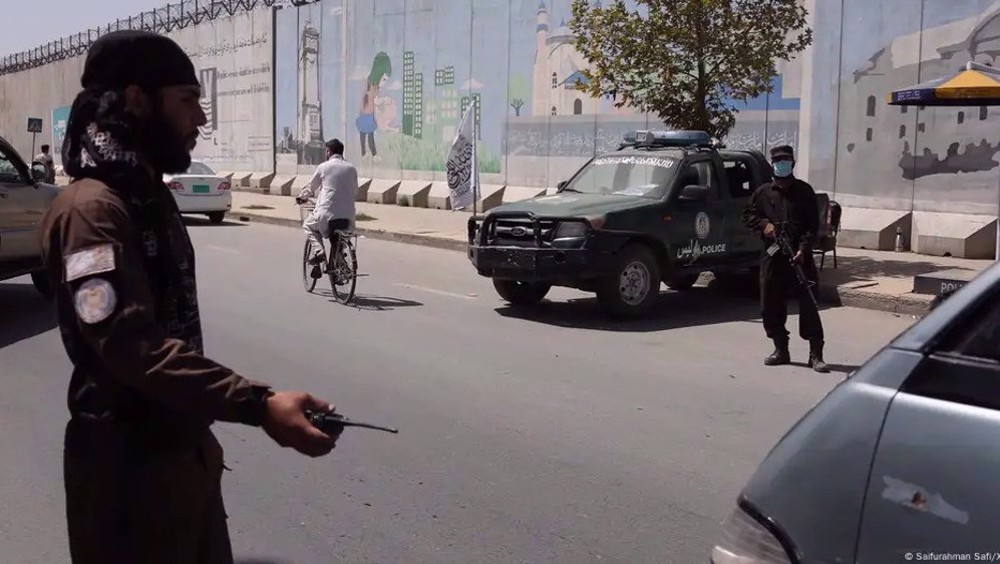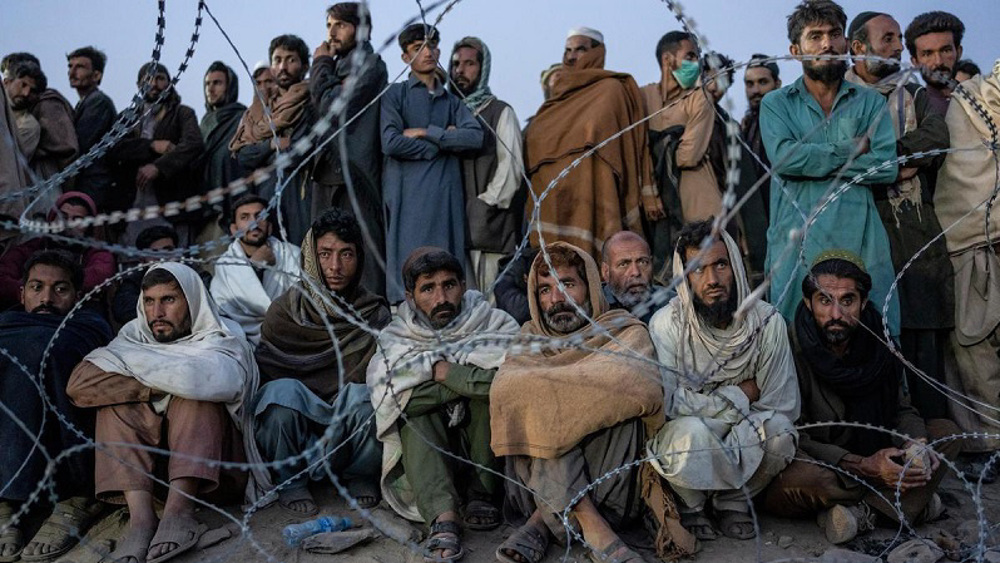US worries coronavirus outbreak may threaten deal with Taliban
US officials have reportedly expressed concern about a possible failure of Washington’s bid to end its war in Afghanistan if Taliban and government prisoners die of coronavirus infection before being swapped as outlined under a US-Taliban deal.
Four sources familiar with the matter said that if Taliban and government prisoners died in custody before they could be exchanged, the deal would be in jeopardy because a blame game could follow, Reuters reported on Tuesday.
Keeping the plan on track is also increasingly urgent for the US as the spring fighting season by the Taliban militants in Afghanistan approaches, according to two sources “familiar with the matter.”
Accelerating clashes between the militants and government forces may lead to greater difficulty to contain the spread of the contagious pandemic among the respective captives.
“If... a good number of prisoners on either side contract the disease or die in prison because of an outbreak, it will be a humanitarian issue and it will make intra-Afghan negotiations that much more difficult,” said one of the sources on the condition of anonymity.
While the virus has grounded other American envoys, special US special envoy for Afghanistan Zalmay Khalilzad visited the Qatari capital of Doha and the Pakistani capital of Islamabad last week.
Those trips by Khalilzad came after a March 23 visit to Doha and the Afghan capital of Kabul by US Secretary of State Mike Pompeo.
Hastening the exchange of the prisoners and tamping down violence as the spring fighting season approaches were among Khalilzad’s key objectives when he met with Taliban negotiators in Doha last week, said a former senior Afghan official cited in the report.
The former official said Khalilzad had told Afghan officials that he was “incredibly worried” that the coronavirus pandemic could undermine the US-led deal if it spread into prisons.
Afghanistan has so far reported 1,000 confirmed infections, including 20 staffers within the Afghan presidential palace in Kabul.
That both high-level diplomats visited the region despite the spreading pandemic highlights the depth of the US President Donald Trump administration’s concerns that US efforts to pull US soldiers out of Afghanistan could fail, denying him a perceived foreign policy victory to boast about ahead of next November’s presidential election.
“The fact that they came to the region is a clear sign that the president under no circumstances wants this deal to collapse,” a Western diplomat said as quoted in the report, insisting that it was crucial for US diplomats to arrange face-to-face meetings to convey the urgency of the messages.
The unnamed sources cited in the report also said that the prisoner exchange could be undercut by the current pandemic because its spread into jails could ignite bitter recriminations by both sides.
The Western diplomat said Khalilzad and Pompeo were both worried that the Taliban militants would begin their traditional springtime offensive, making it harder to control the spread of the disease.
“That’s what Khalilzad and Pompeo are determined to stop,” he said, emphasizing that Khalilzad’s April 13 visit to Doha had been meant “to convey a stern message to Taliban and prevent the spring offensive.”
VIDEO | Press TV's news headlines
Senior Russian general shot and wounded in Moscow: Officials
UK ordered in 'milestone' court ruling to pay $570 million for colonial-era massacre
VIDEO | Defying the rubble, Gaza opens its first face-to-face school since start of war
‘Ready for next round’: Million-man rally in Yemen backs Gaza, resistance
FM Araghchi departs Muscat for Doha following nuclear talks with US
Israeli keeps killing more Palestinian civilians in Gaza amid relentless ceasefire violations
Aliyev: Azerbaijani territory will not be used for threats against Iran











 This makes it easy to access the Press TV website
This makes it easy to access the Press TV website